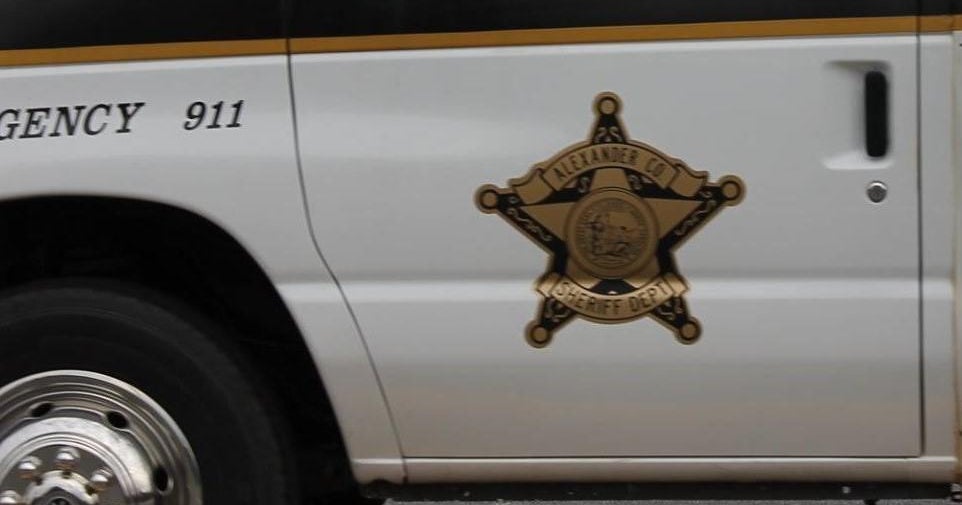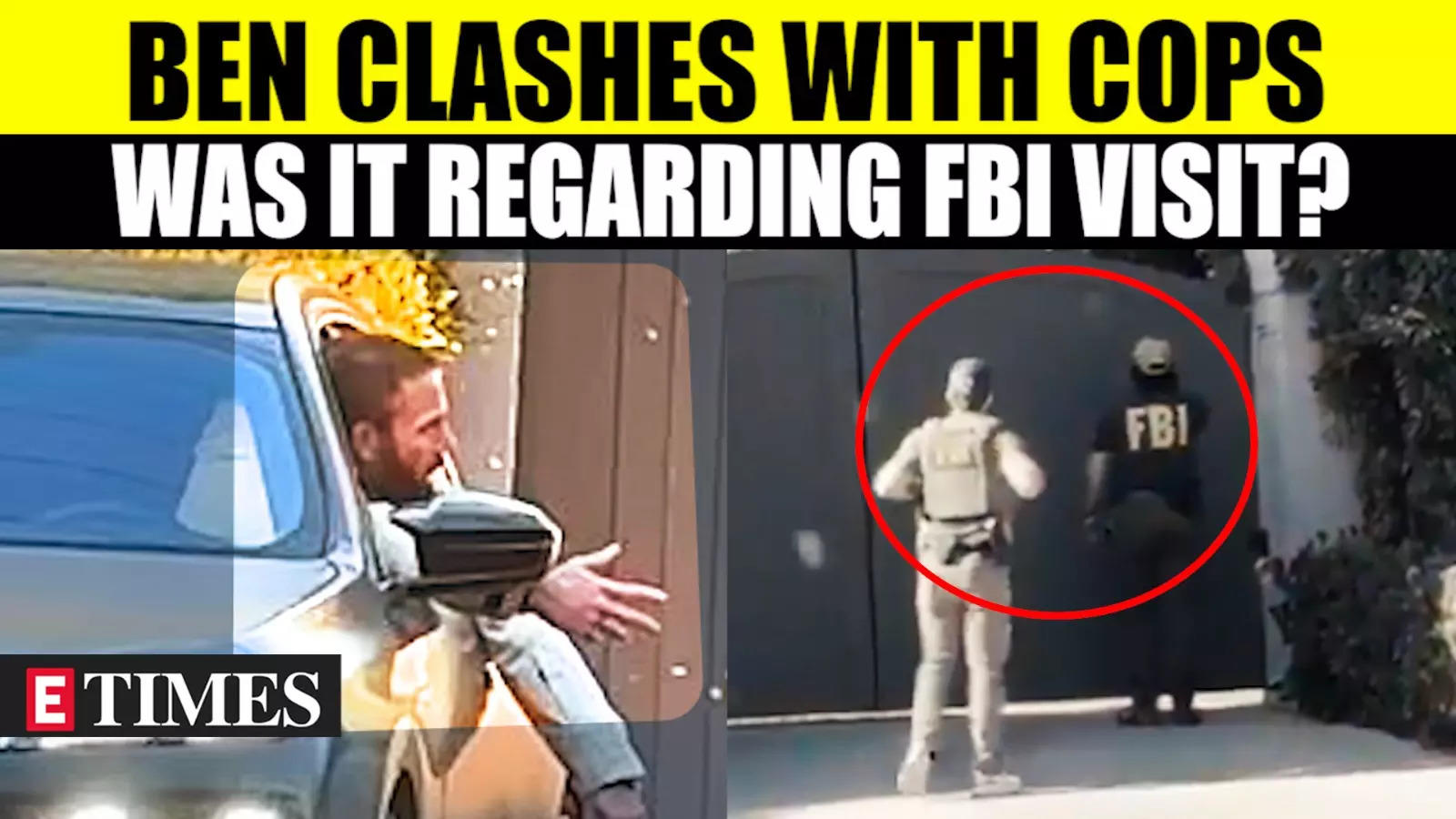A number of Boston city councilors described being “blindsided” by a controversial resolution put forward by one of their colleagues, honoring two students for organizing a pro-Palestinian walkout at their high school last week.
The citation, put forward by Councilor Tania Fernandes Anderson, was presented on behalf of the entire City Council to New Mission High School students Kameela Blackmon and Aliyah Mohamed — who then went on to make divisive statements about the Israel-Hamas war during a Wednesday meeting.
“From the river to the sea, Palestine will be free,” Mohamed said, repeating a phrase that has been condemned by the Anti-Defamation League as antisemitic, and one that has been used as a rallying cry for pro-Palestinian activists in the wake of the deadly Oct. 7 Hamas terrorist attack on Israel and retaliatory bombings in Gaza.
Blackmon, the self-described student body president of New Mission High School, described the Israeli “occupation of Palestine” as “genocide.”
The students, Fernandes Anderson said at the meeting, were being honored for their “incredible achievement in activism, organizing leadership,” as well as their “inspiring” dedication to “making a positive change in the world.”
City Council President Ed Flynn said that he never would have signed on to the resolution as the body’s leader, or allowed the presentation, had he “known the context and details” of both, adding that he strongly objected to and condemned a message that he found to be “blatantly antisemitic.”
“When Councilor Fernandes Anderson and her office approached my office about doing a presentation, we were told that it was to recognize two students, and there was no mention of what the students are recognized for specifically,” Flynn said in a statement. “I was surprised and dismayed when the two students began their speeches, which included language that deeply hurt the Jewish community.”
Council presentations, Flynn said, are never meant to be controversial topics. Fernandes Anderson was present at the student walkout last week, a Boston Public Schools spokesperson told the Herald, adding that the involved students were not disciplined for the protest.
Three councilors, Frank Baker, Sharon Durkan and Michael Flaherty, walked out of the Council chamber to avoid being photographed with the students following the lengthy presentation, while Erin Murphy said she deliberately stood apart from the group at the podium so that she wouldn’t be captured in the photo or on video.
“There’s a lot of interpretation of the statement, ‘from the river to the sea,’ ” Baker told the Herald. “My interpretation of it is that that’s a call for genocide on Jewish people. I’m glad we’re honoring kids for finding their voice and everything like that, but we’re teaching kids to hate — and that’s a hateful message right there.”
Baker described the way the resolution was put forward by Fernandes Anderson, without an explanation or time for the body to consider it, as a “surprise attack.”
“That was a Hamas attack,” Baker said. “Surprise.”
Murphy added that “it felt blindsided in that way,” saying that although the citation was presented on behalf of the entire City Council, she did not know about it before the meeting, and did not read it or sign off on it.
“I think it’s important for myself too, like even if I sat through it and didn’t leave the room, it in no way meant that I supported or agreed with what the students were saying,” Murphy told the Herald.
Flaherty described the presentation as a “sad combination of indoctrination and TikTok ignorance at work.”
“The students should have stayed in class and learned about the true meaning of their offensive and antisemitic remarks instead of staging a walkout,” Flaherty told the Herald. “It begs the question: Where were the adults?”
While the council president has the option to stop a presentation, such as by turning off a speaker’s mic, Baker said that if Flynn chose to go that route, it could have “escalated a situation.”
Durkan, who could be seen leaving the Chamber as soon as Flynn called up his colleagues to take a group photo with the students, ignored a request for comment from the Herald, refusing to answer questions about the matter.
Also ignoring requests for comment from the Herald were Councilors Fernandes Anderson, who was contacted multiple times; Ruthzee Louijeune, who has stated she has the votes to become council president next term and was contacted twice; Liz Breadon, who represents a large Jewish constituency in Allston/Brighton and was contacted twice; Ricardo Arroyo and Julia Mejia, who were contacted once.
Councilor Brian Worrell, who was vying for the presidency but tentatively agreed to become the body’s vice president, declined comment through a spokesperson.
Fernandes Anderson was asked to respond to the criticism made by her colleagues, while the remaining councilors, who all chose to take part in the photo, were asked whether they were surprised by the comments or if their decision to be photographed indicated their support for what was said by the students.
Also photographed were Flynn and Councilor Gabriela Coletta. Flynn “unequivocally” denounced Fernandes Anderson’s actions in “creating this situation at the Council this week.”
Coletta, who represents East Boston which is home to some of the earliest waves of Jewish immigrants and Boston’s first Jewish cemetery, confirmed that she “didn’t know about the presentation ahead of time,” but ignored further questions.
“My concern and focus is on the work, not the photos,” Coletta told the Herald.
The “deeply hurtful display,” however, was criticized by the Boston Jewish Community Relations Council on X, the site formerly known as Twitter on Friday.
The presentation follows a pro-Palestinian protest that delayed a City Council meeting last week, where demonstrators called upon the body to support Fernandes Anderson’s resolution for a ceasefire in the Israel-Hamas war.
Mejia co-sponsored the measure, which hasn’t gained any traction since being referred to committee in October.







